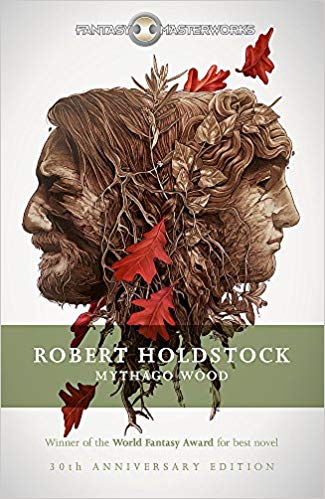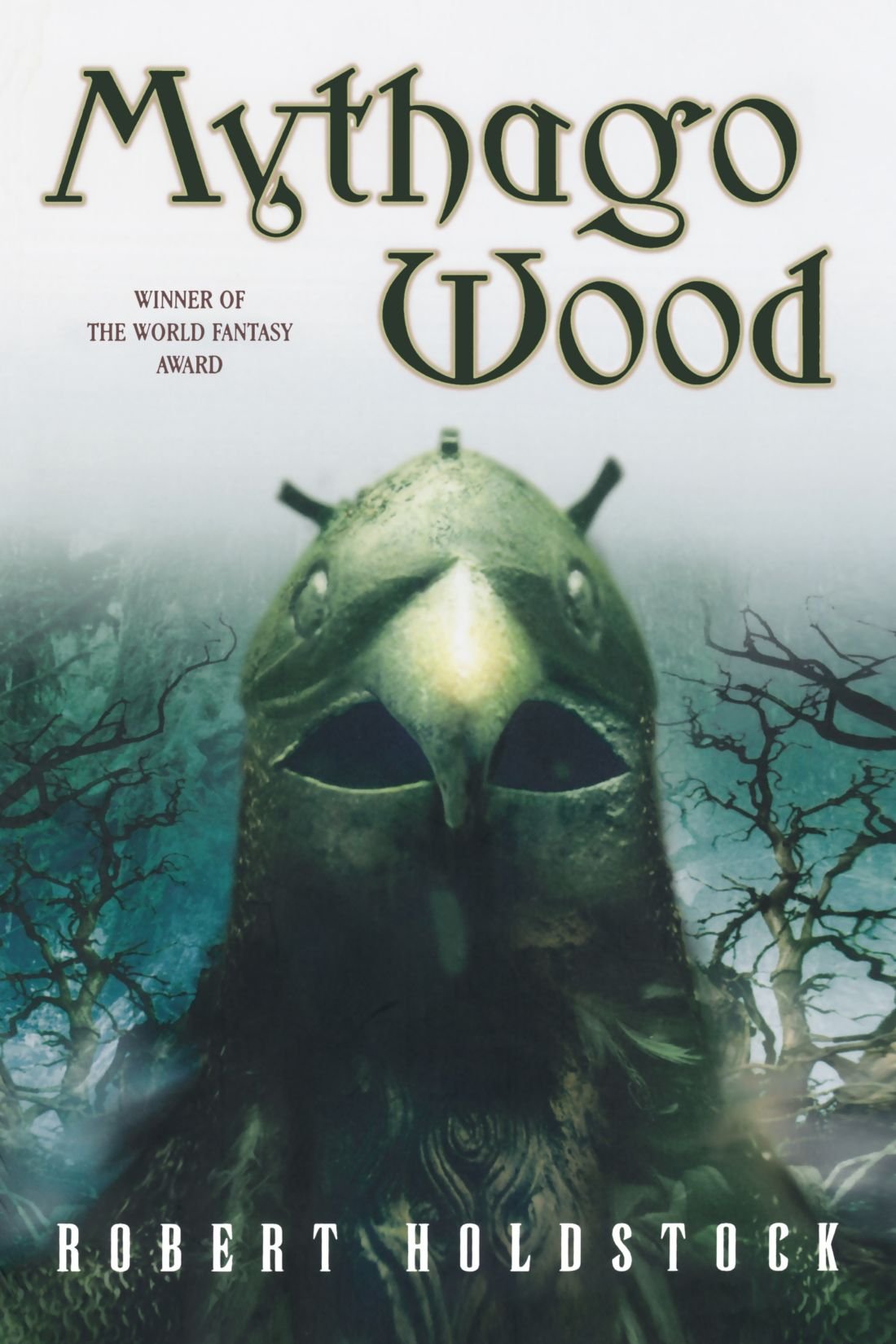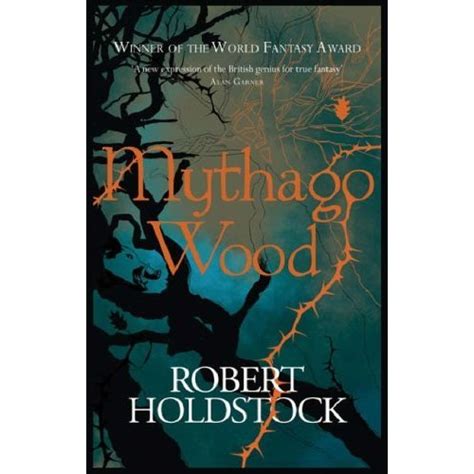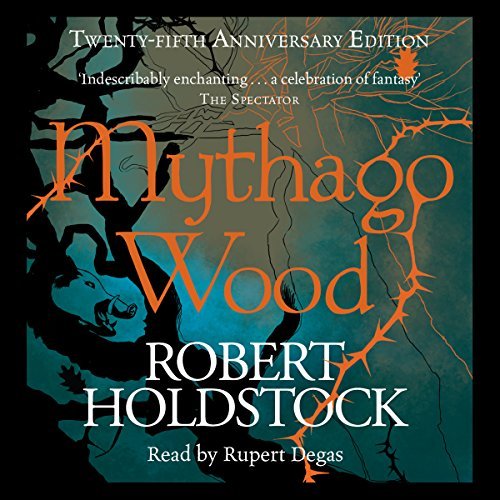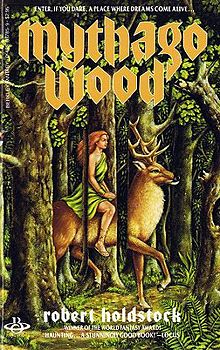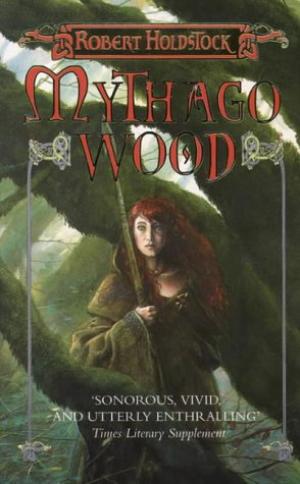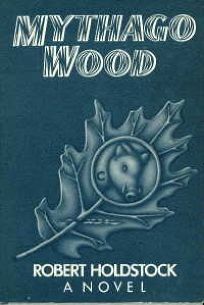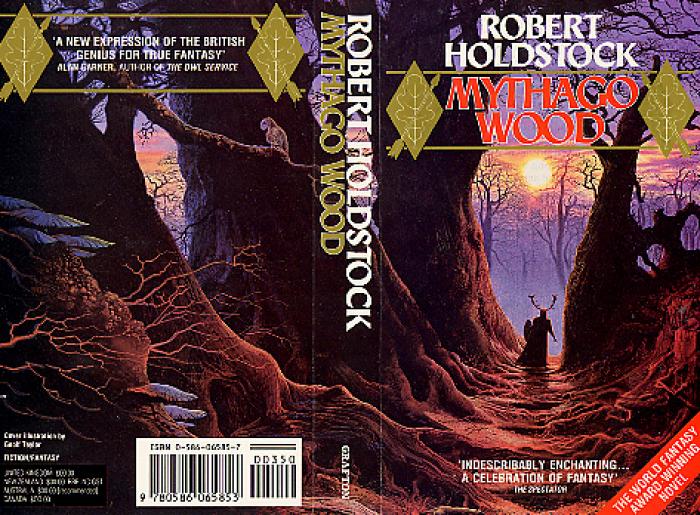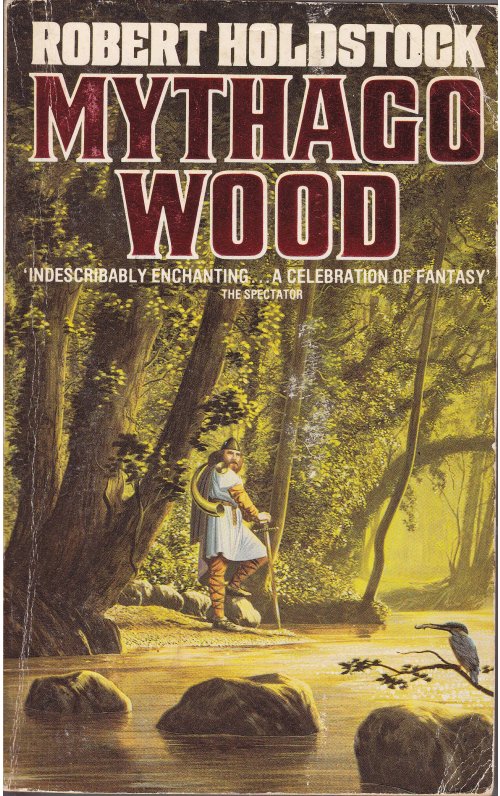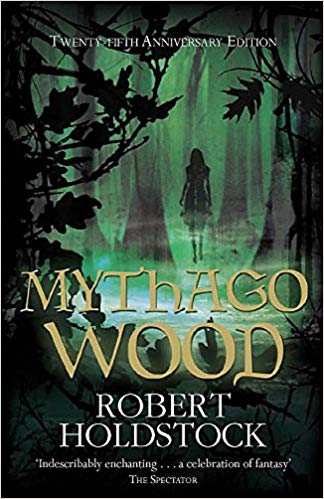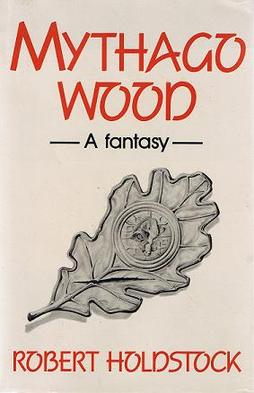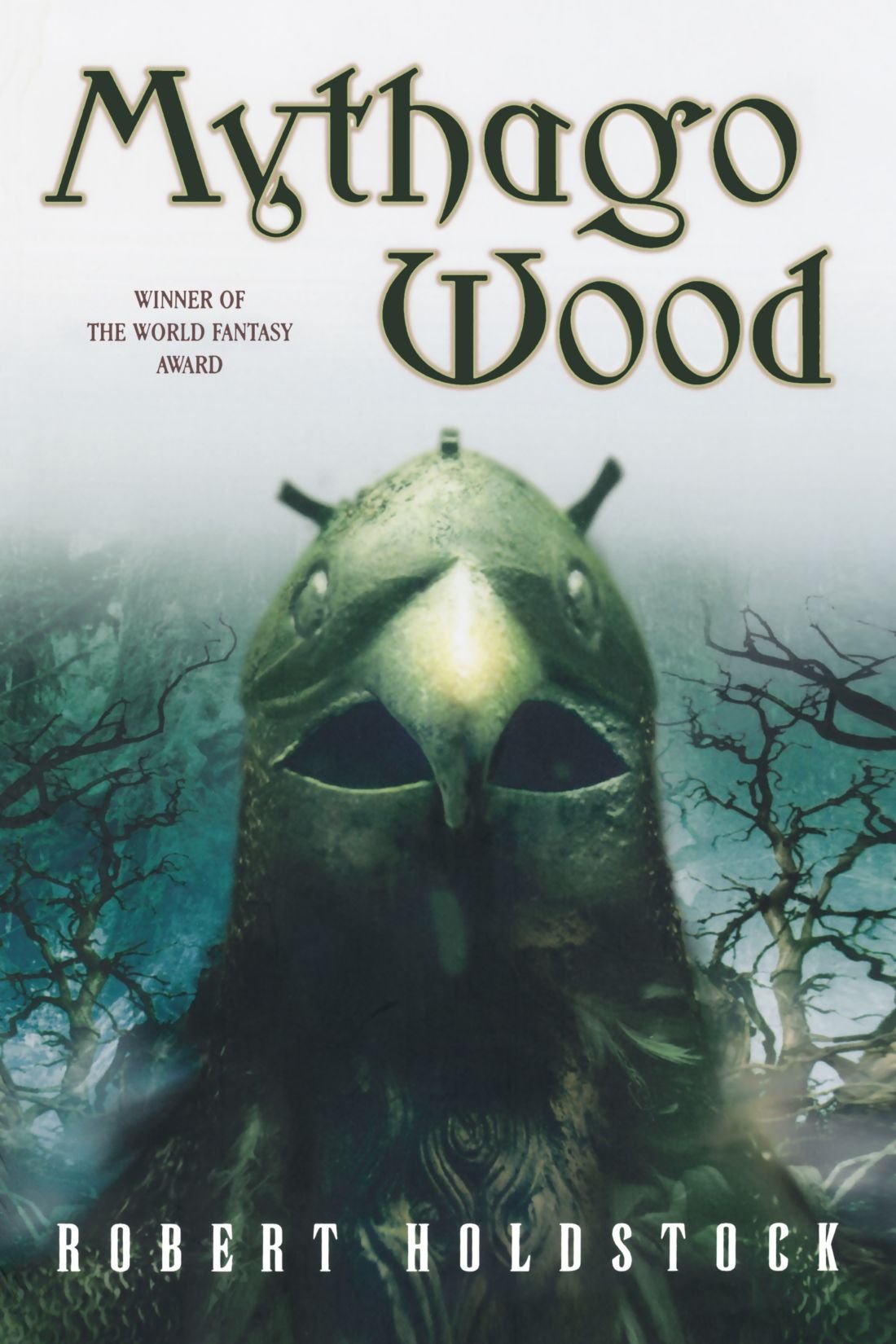This book changed my life.
In July 2009, I wrote a review of this book. After a recent discussion with friends about it, I went looking for this old review – and found it! Here it is.
“Hood is back – like all Jack-in-the-Greens, is a nuisance, and several times moved into the ridge-zone around the hog-back glade. He shot at me, and this is becoming a cause of great concern! But I cannot enrich the oak vortex sufficiently with the pre-mythago of the Urscumug. What is the answer? To try to enter more deeply, to find the wildwoods? Perhaps the memory is too far gone, too deep in the silent zones of the brain, now, to touch the trees.”
Mythago Wood is a novel by Robert Holdstock originally published in 1985. It concerns the experiences of a family living next to an ancient woodland that contains a very strange power.
I will give you the barest of outlines just to whet your appetite. There is very much more to it that this…

It is set just after WWII and begins with the protagonist Steven Huxley returning to his family home in rural England after recovering from his war wounds in France. His father has died in his absence and, as his mother died years before, there is only his older brother Christian living in the old place.
Steven is told that his father, a scientist who had for years been researching the ancient, primeval Ryhope Wood that borders their family estate, had become increasingly obsessed with the nature of this woodland and because of this had gone gradually insane before his death through illness.
Christian, too, seems to know something about Ryhope Wood, but will not tell Steven directly. Instead he directs him to their father’s journals (an excerpt quoted above). As Steven reads them and decrypts the strangeness of the text, he also begins to understand some of what is happening.
Christian begins acting much like their father had done before him, becoming obsessed and venturing into the wood for longer and longer periods. Despite himself, and without awareness of it, Steven also begins to fall under its spell…

Holdstock’s writing style is wonderful, combining simplicity with poetry. There different voices within the novel – the first-person narration of Steven, the journals and correspondence of George Huxley, and the ancient stories of the ‘people’ we meet on the journey – and each is expressed beautifully, from the practical voice of Steven to the poetry of archaic myths.
As we move into the events of the later book, the author’s powers of description and evocation grow ever more and we are drawn deep into a very tangible and believable world.
It is of major credit to Holdstock that his fantastical creation feels very realistic and plausible throughout the entirety of this amazing story. In fact, although this book is usually classed as ‘fantasy fiction’, Brian Aldiss says “Mythago Wood is neither fantasy nor science fiction. It is sui generis… we have here a powerful and profound work of creation which I believe will be read, not merely in the present but in a hundred years’ time, and in the eternal entanglements and winters yet to come.”

Through Holdstock’s gift for description, the wood becomes a character in itself – the smell of its earth, of fungus, the crawling of beetles in rotting logs, the living, decomposing leaf litter underfoot, the thorns and tangles of the undergrowth and the imposing, suffocating trunks and canopy.
This is not a friendly place.
This is the ancient, terrifying woodland of the Neolithic, in which lurks all your darkest fears. As Michael Moorcock puts it, “No other author has so successfully captured the magic of the wildwood.”

This novel is about myth and folklore – the nature of myth itself. What has been its role within the societies of the past? How do the stories pass on down through the ages, and while the details and context continue to evolve, what are the essentials that stay the same? Answering these questions entails exploring the archetypes that exist in each of us – the personification of ancient themes and fears.
This is a fascinating and totally engaging subject and one I have never seen explored in this way – the journey into the immensely complex unreality of the ancient woodland is a journey into the human mind.
This journey of exploration is vividly absorbing.
And yet, for all its artistry of prose and deep subject matter, this is most definitely a thrilling, fast-paced read. The plot is, at its core, a quest-tale, or you could even call it a form of revenge thriller. Also at its heart is a love story.
But despite taking this standard structure, the book is full of surprising turns, some of them uncomfortable and distressing.
Throughout and especially toward the end, you will be rooting for Steven and willing him to succeed.

There are quite a few paperback editions of this out there, most of them have some lovely artwork on the cover (there is an edition of Mythago Wood together with the next book, Lavondyss, and this is full of wonderfully evocative mini-illustrations by the great Alan Lee). The older second-hand editions can be picked up quite cheaply on the internet. If you’re very lucky you’ll find a copy in a charity shop and this should be purchased immediately.
This book is not just a one-off, either, it is the first of a whole series. And as great and original as this book is, the follow-up (not a direct sequel, as such) Lavondyss, is something else altogether. Lavondyss is a book quite unlike anything else I have read.
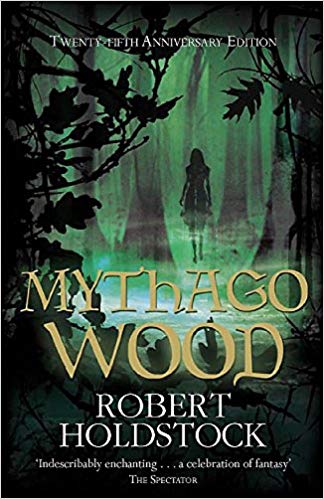
Mythago Wood is one of those books that permanently changed the way I look at the world. Not least it awakened the magic of the woodland of Britain – even the over-managed public places we have today will have a different sort of feeling to them. But more than this, it changed the way I look at stories – by that I mean the nature of stories – for good.
This is no small thing.
It also brought to life the remnants of British mythology that continues to bubble under the surface of our culture to this day.
Holdstock himself quotes Ralph Vaughan Williams (who was talking about his discovery of folk music) as perfectly describing the way Holdstock discovered folklore itself: “I had that sense of recognition. Here was something which I had known all my life, only I didn’t know it.”
Available from all good bookshops (you know, Amazon):

